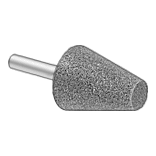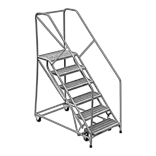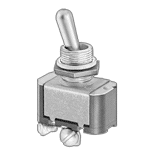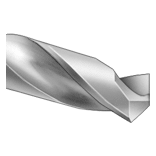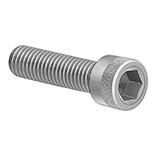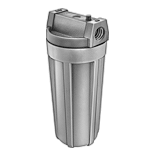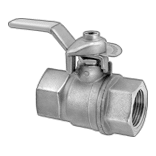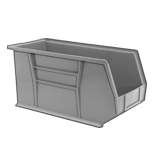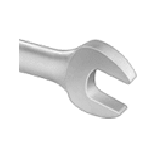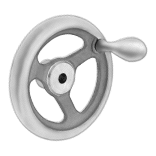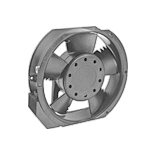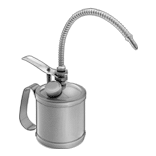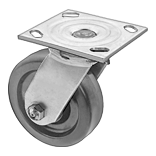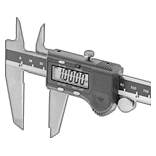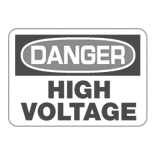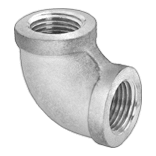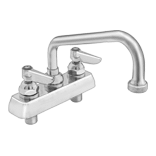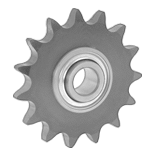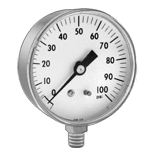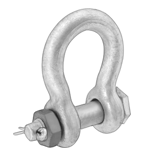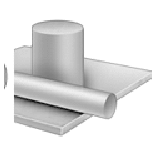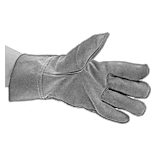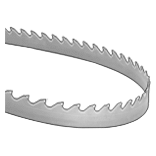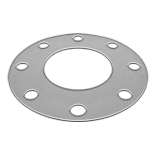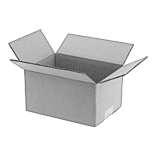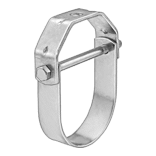About Composites
More
Ultra-Strength Lightweight Carbon Fiber Sheets with Foam Core
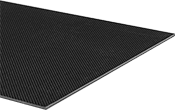
- Color: Black
- Temperature Range: 0° F to 250° F
- Tensile Strength: 120,000-175,000 psi (Excellent)
- Fiber Tensile Stiffness: Standard (33-36 msi)
- Impact Strength: Not Rated
- Hardness: Not Rated
- For Use Outdoors: No
A layer of foam is sandwiched between two pieces of carbon fiber to make these sheets even lighter than standard carbon fiber sheets. Carbon fiber is the strongest composite we offer. It’s comparable in strength to 6061 aluminum and is often used to build frames and structures.
For technical drawings and 3-D models, click on a part number.
12" × 12" | ||||
|---|---|---|---|---|
| Thickness | Thick. Tolerance | Appearance | Each | |
| 1/4" | -0.02" to 0.02" | Checked | 0000000 | 0000000 |
Porous Conductive Carbon



- Color: Gray
- Max. Temperature: 600° F
- Tensile Strength: See table
- Electrical Properties: Conductive
- Surface Resistivity: See table
Often used in filtering, this brittle, glass-like carbon has pores that allow fluid and air to flow through. Its low surface resistivity also makes it a good electrical conductor. This material is also temperature and chemical resistant.
For technical drawings and 3-D models, click on a part number.
3" × 3" | 6" × 6" | ||||||
|---|---|---|---|---|---|---|---|
| Thick. | Tensile Strength, psi | Surface Resistivity | Texture | Each | Each | ||
Low Flow (100 Pores Per Inch) | |||||||
| 1/4" | 50 | 7.87 × 10-2 ohms/sq. | Coarse | 00000000 | 000000 | 00000000 | 000000 |
| 1/2" | 50 | 3.94 × 10-2 ohms/sq. | Coarse | 00000000 | 00000 | 00000000 | 000000 |
| 1" | 50 | 1.96 × 10-2 ohms/sq. | Coarse | 00000000 | 000000 | 00000000 | 000000 |
Medium Flow (60 Pores Per Inch) | |||||||
| 1/4" | 40 | 7.87 × 10-2 ohms/sq. | Coarse | 00000000 | 00000 | 00000000 | 00000 |
| 1/2" | 40 | 3.94 × 10-2 ohms/sq. | Coarse | 00000000 | 00000 | 00000000 | 000000 |
| 1" | 40 | 1.96 × 10-2 ohms/sq. | Coarse | 00000000 | 000000 | 00000000 | 000000 |
High Flow (20 Pores Per Inch) | |||||||
| 1/4" | 30 | 7.87 × 10-2 ohms/sq. | Coarse | 00000000 | 00000 | 00000000 | 00000 |
| 1/2" | 30 | 3.94 × 10-2 ohms/sq. | Coarse | 00000000 | 00000 | 00000000 | 000000 |
| 1" | 30 | 1.96 × 10-2 ohms/sq. | Coarse | 00000000 | 000000 | 00000000 | 000000 |
High-Temperature Acid-Resistant Silicon-Carbide Ceramic Foam

- Color: Gray
- Maximum Temperature: 3,000° F
- Compressive Strength: 200 psi
A silicon carbide coating over a carbon foam base combines the hardness, chemical resistance, and high temperatures silicon carbide is known for with the lightweight versaitility of foam. It’s often used for cores in composite layers and to filter molten metal and corrosive liquids.
The silicon carbide coating acts as a thermal conductor, transferring heat to quickly cool liquids that pass through. Known for its hardness, silicon carbide won’t break down from repeated abrasion. However, because it’s so hard, this material is more brittle than plain carbon foam and less impact resistant than balsa wood, PET, and PVC foam cores.
Acids and bases can’t penetrate the silicon carbide coating, even at high temperatures. Instead, contaminants stick to the surface, making it a great filter for corrosive liquids and environmental pollutants such as exhaust. If using this material as a filter, choose a foam with more pores per inch for a slower flow rate, and a foam with fewer pores per inch for a faster flow rate.
If you cut this material, the underlying carbon foam is exposed. Carbon foam does not have the temperature range and chemical resistance of its silicon carbide coating, so it will break down more quickly at exposed points.
For technical drawings and 3-D models, click on a part number.
3" × 3" | 6" × 6" | |||||
|---|---|---|---|---|---|---|
| Thickness | Thickness Tolerance | Pores Per Inch | Each | Each | ||
| 1/8" | -0.010" to 0.010" | 60 | 00000000 | 0000000 | 00000000 | 0000000 |
| 1/8" | -0.010" to 0.010" | 100 | 00000000 | 000000 | 00000000 | 000000 |
| 1/4" | -0.010" to 0.010" | 20 | 00000000 | 000000 | 00000000 | 00000000 |
| 1/4" | -0.010" to 0.010" | 60 | 00000000 | 000000 | 00000000 | 00000000 |
| 1/4" | -0.010" to 0.010" | 100 | 00000000 | 000000 | 00000000 | 00000000 |
